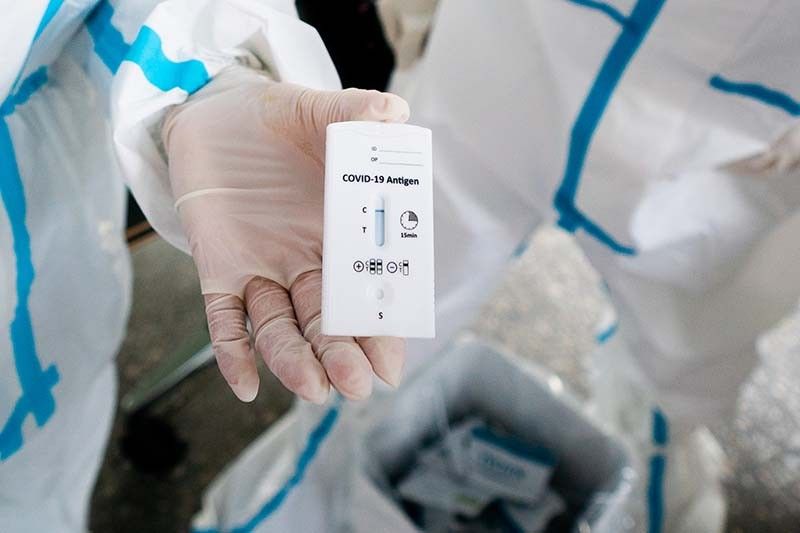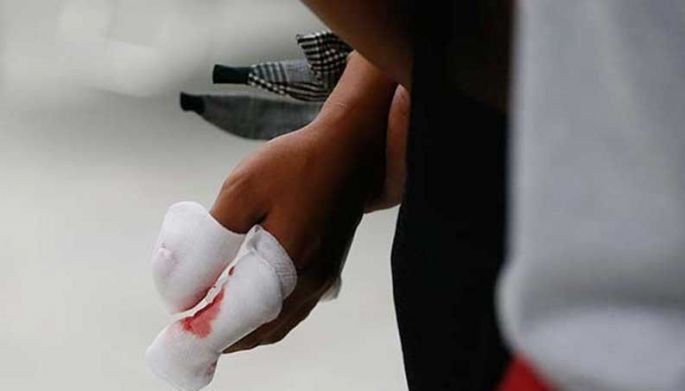DOH: South Korean COVID-19 antigen test fails local evaluation

MANILA, Philippines — The antigen test kit made by a South Korean company—included in the World Health Organization’s emergency use listing—did not pass the evaluation of local researchers, the Department of Health said Wednesday.
DOH Undersecretary Maria Rosario Vergeire said the antigen test kit from SD Biosensor failed to meet the diagnostic performance standards required.
Based on the validation by the Research Institute for Tropical Medicine, the test kit from South Korea only yielded 71% sensitivity. The WHO recommended that antigen test kits must have 80% sensitivity.
Sensitivity measures how often a test correctly yields a positive result for people who have the condition that is being tested for, in this case coronavirus disease.
For 'emergency use' only
Vergeire said the DOH is now coordinating with the WHO as the United Nations health agency listed SD Biosensor as among the “emergency use product” for COVID-19 testing.
“It did not pass local validation for sensitivity but it was approved by the WHO as a product for emergency use,” Vergeire said in Filipino.
The SB Biosensor antigen test kit is among the 120 million antigen-based test kits that will be made available for low and middle-income countries.
Antigen tests quickly detect fragments of proteins found on or within the virus by testing samples collected from the nasal cavity using swabs.
While antigen tests can provide results in minutes, this type of testing may not detect all active infections because it is not as sensitive as the reverse transcription polymerase chain reaction (RT-PCR) testing—the “gold standard” in coronavirus testing.
The DOH is conducting a pilot study on the use of antigen screening in Baguio City in a bid to reopen the country’s tourism industry.
- Latest
- Trending






























